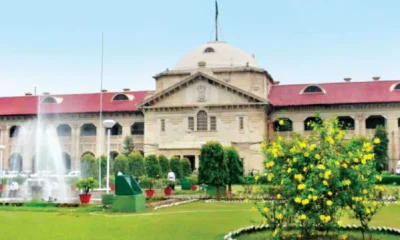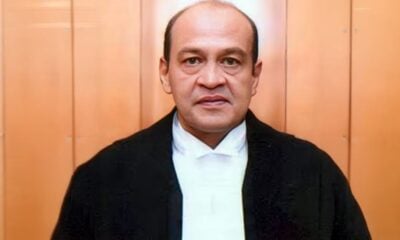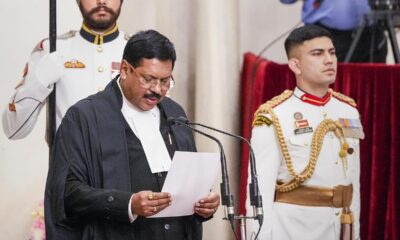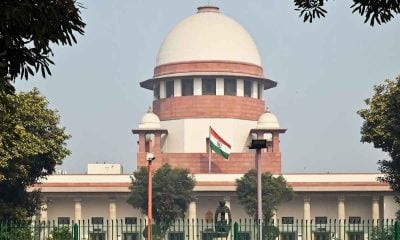India News
Justice SN Shukla found guilty of impropriety, stripped of judicial work

India News
Shashi Tharoor questions Centre over Kerala name change to Keralam
Shashi Tharoor has criticised the Centre’s decision to approve renaming Kerala as Keralam, questioning its impact and pointing to the lack of major projects for the state.
India News
Tamil Nadu potboiler: Now, Sasikala to launch new party ahead of election
Sasikala has announced the launch of a new political party ahead of the Tamil Nadu Assembly elections, positioning herself against AIADMK chief Edappadi K Palaniswami.
India News
As stealth reshapes air combat, India weighs induction of Sukhoi Su-57 jets
India is assessing the possible induction of up to 40 Sukhoi Su-57 fifth-generation fighter jets as stealth becomes central to future air combat strategy.
-

 India News16 hours ago
India News16 hours agoAs stealth reshapes air combat, India weighs induction of Sukhoi Su-57 jets
-

 Cricket news15 hours ago
Cricket news15 hours agoRinku Singh returns home from T20 World Cup camp due to family emergency
-

 India News14 hours ago
India News14 hours agoTamil Nadu potboiler: Now, Sasikala to launch new party ahead of election
-

 Latest world news2 hours ago
Latest world news2 hours agoTrump repeats claim of averting India-Pakistan nuclear war during Operation Sindoor
-

 Latest world news2 hours ago
Latest world news2 hours agoTrump says tariffs will replace income tax, criticises Supreme Court setback in key address
-

 India News2 hours ago
India News2 hours agoShashi Tharoor questions Centre over Kerala name change to Keralam
-

 Latest world news2 hours ago
Latest world news2 hours agoPM Modi to begin two-day Israel visit, defence and trade in focus











